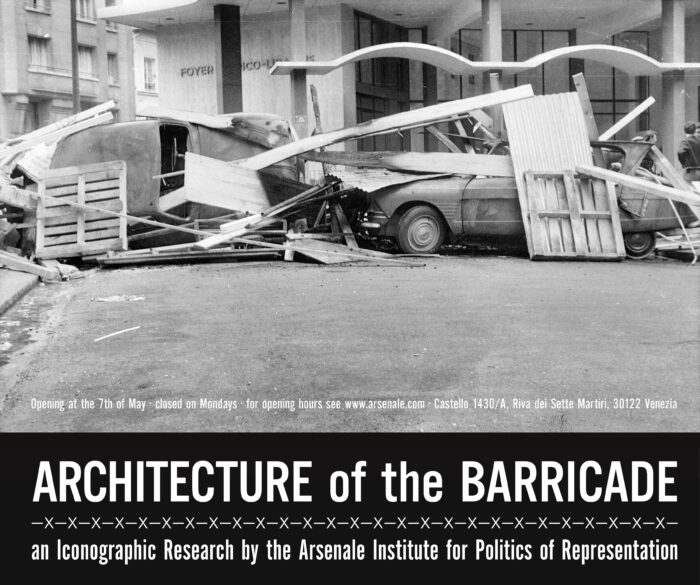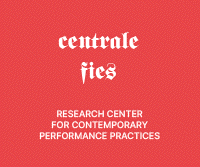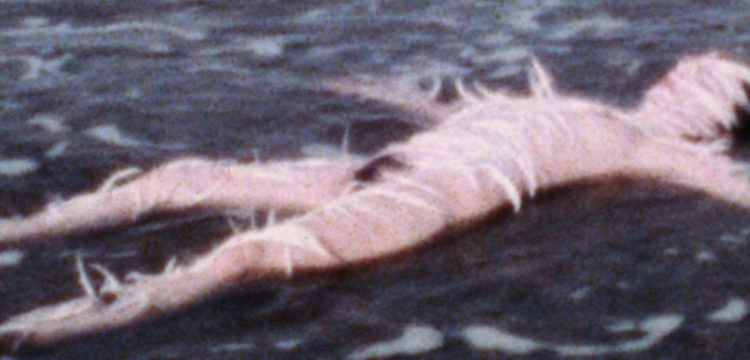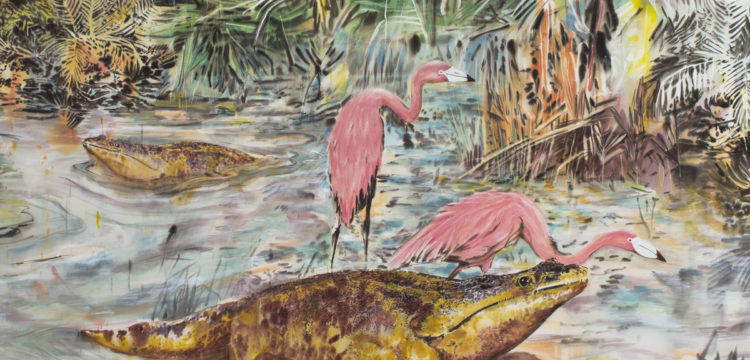Ambient Seas
Notes on nature, ecology and knowledge in a world on the verge of an ecological crisis
The following are occasional notes from October 12th, 2013 to August 17th, 2015 written by Ravi Agarwal. The exhibition Ecologies of Loss, curated by Marco Scotini at PAV, is the first Italian solo exhibition of the Indian artist, as part of a series investigating into the relationship between artistic practices and ecological thought in the Asian continent.
urgency
Two years ago I had close encounters with the sea, a first for an inland urban person. It continues. The ground changing experiences, led me to further my ongoing explorations about ideas which constitute nature. Today, the planet is in an ecological crisis. This is framed as a conflict between economic development and the planet’s limit to support a growing and resource intensive human population. The crisis is validated by measurable tipping points which indicate, scientists claim, that we have entered the age of the Anthropocene, where for the first time in history, human actions will determine the future of the earth. The era arguably began with the industrial age of mass production. Here technology and capital combined to create economies based on natural resource extraction and waste generation on a massive scale, using fossil fuel energy. As a way forward, new markets for environmental solutions are being offered, which involve making economies and markets more efficient and energy less fossil fuel based, but based on the same trajectory of extraction, consumption and waste. There is no guarantee of future survival. However ideas, such as reducing consumption trigger fears of “going back” in time and fly in the face of “growth” and “’progress.” Even more remote is a questioning of the deeply inherent and fixed oppositional binary positions we have over time taken about “nature.” In the Deleuzian way, this may be an opportunity to re-consider evolution as a positive set of responses to “desires” and uncover their genealogy and geology. Rethinking a foundational human-nature relationship that could be more critical to future sustainability, than merely creating better markets.
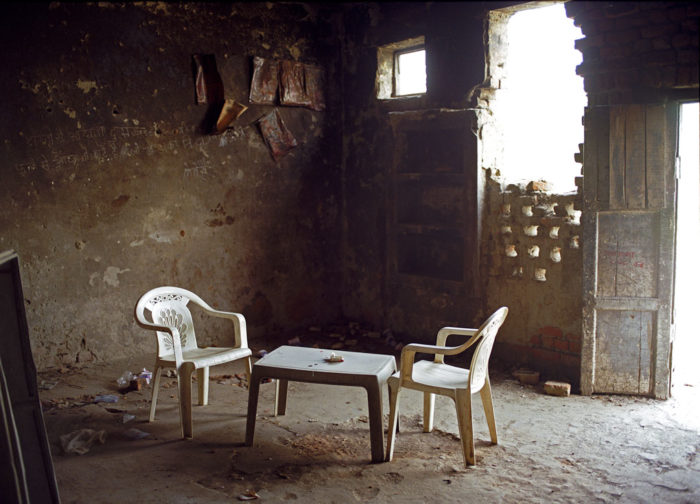
Ravi Agarwal, Alien Waters, 2004-2006. Courtesy the artist
“Like patriarchy, ecology too is caught up in a framework of dominance.”
My explorations have led me to consider that the idea of nature itself is more complex and pre-dates the history of capital/technology/industrialization. As per Bruno Latour, in a Platonian way, the fixing of nature as “absolute” and measurable only by scientists as experts, replaced all other pre-existing human-nature subjectivities and relationships. The loss of the subjective self, reduced to a capitalist one, has led to the privatization of wilderness, fencing of forests, taming of rivers, and the rapid destruction of other species. The history of migrations, dispossessions, gender discrimination, colonization and racism, can be re-read as a history of ecology. Those who lived on the “land” have became poor, while those who live “off” it have became rich, while institutions have been created to systematically perpetuate such actions.
Nature has been reduced to an object which can only be “acted upon” through it being “extracted” or “admired,” “enjoyed,” etc. but not “lived with.” Like patriarchy, ecology too is caught up in a framework of dominance. Contemporary philosophers like Timothy Morton have proposed that nature as a category should be discarded altogether and replaced by a network of relationships between animate and inanimate objects. We need to look beyond to examine if other trajectories are /were possible that co-create a more complex idea of ecology such as suggested by Felix Guattari.
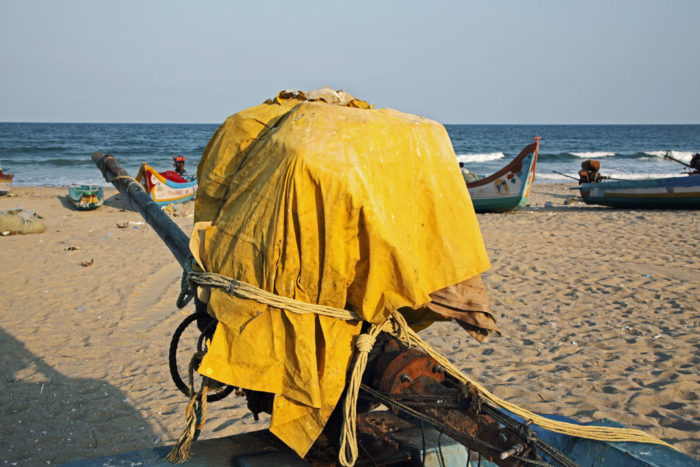
Ravi Agarwal, Else, all will be still, 2013-2015. Courtesy the artist
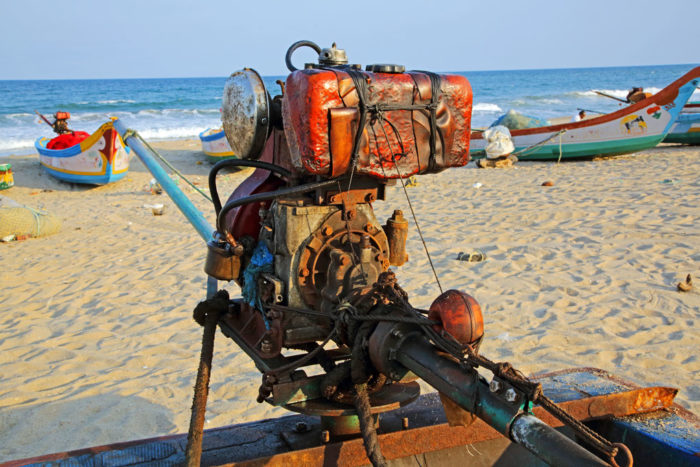
Ravi Agarwal, Else, all will be still, 2013-2015. Courtesy the artist
Ancient Sangam Tamil love poetry (akam) for example, reflects such subjectivities. It relates five physical landscapes (kurinji – mountains, mullai – forests, marutam – agricultural lands, neithal – sea, palai – desert) to five interior ways of feeling (sexual union, yearning, sulking, pining, separation). Some tribal societies “inherit” the planet for the future, they do not “own” it as private property. Alternative imaginations and other relationships with nature can temper our actions, shifting the paradigm from certainty to creativity. Ideas about science, economies and futures need to be put on an equal footing alongside other ideas like mortality, fragility, vulnerability, balance, equity and democracy.
Besides this documentation, the works which resulted are an outcome of my struggle to comprehend the times I inhabit. They are based on encounters in a fishing village near Pondicherry, where fishermen friends helped/are helping me navigate new waters.’ The ever changing sea led me to these explorations. There is urgency in the air. Else, all will be still.
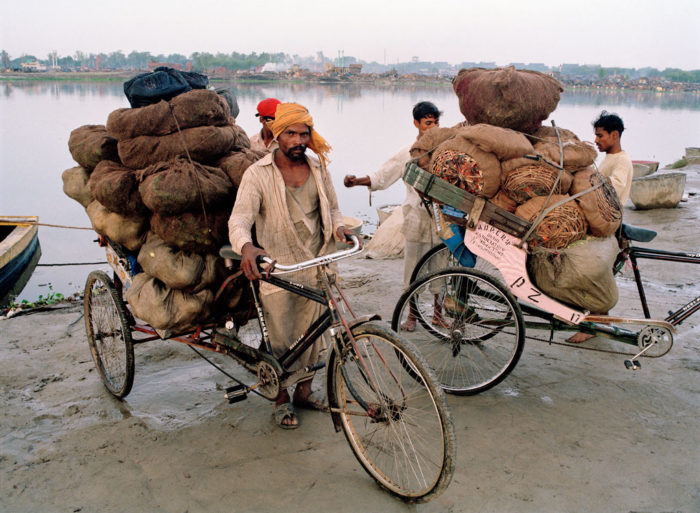
Ravi Agarwal, Alien Waters, 2004-2006. Courtesy the artist
[…] will close in.
Ecological time is mysterious. It never reveals itself. How does ecology change—in a dialectical Darwinian way—over many lifetimes, before any adaptation occurs, or has that all changed with the advent of man. Are we truly in the age of the sixth extinction caused by humans? Faster than mutations. Then surely this is not what was meant by evolution. What role can the nuclear bomb as a destructive power have in such a scheme of things—surely none, compared to the combined power of all of us? Possibly this time we as a species have changed the order of business—the fine balance.
Possibly it is worse, since we could be caught up in the web of language itself, and what it signifies as “nature.” Do we even know what it means, or what it is, in Itself? Timothy Morton argues that the notion that we are “embedded in nature,” as a surrounding medium that sustains our being, is putting nature on a pedestal and admiring it from afar, similar to what patriarchy does with the figure of the woman . We need to re-imagine “ecology without nature.”
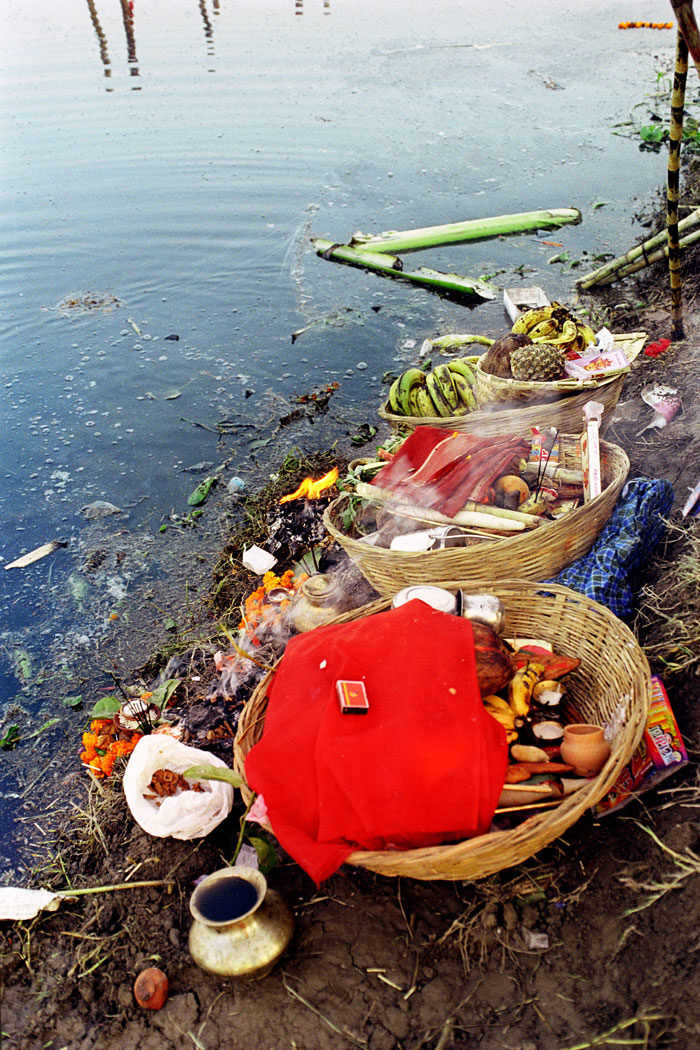
Ravi Agarwal, Alien Waters, 2004-2006. Courtesy the artist
Possibly the idea of nature as a duality (or even a non-duality?) needs to be questioned. Maybe like a Moebius’ strip, or a Klein bottle, it is all one edge, all one dimension, but which can only exist in the three dimensional world which we can comprehend. Nature could also be a set of relationships rather than a boundary. A generic category which needs to be “acted upon” and not lived. It has to be seen, appreciated, exploited, explored, imagined or ignored, but not lived as part of one’s own existence. The separation is in the way we think of it, and in the categories created through the process of self identification. Isolations.
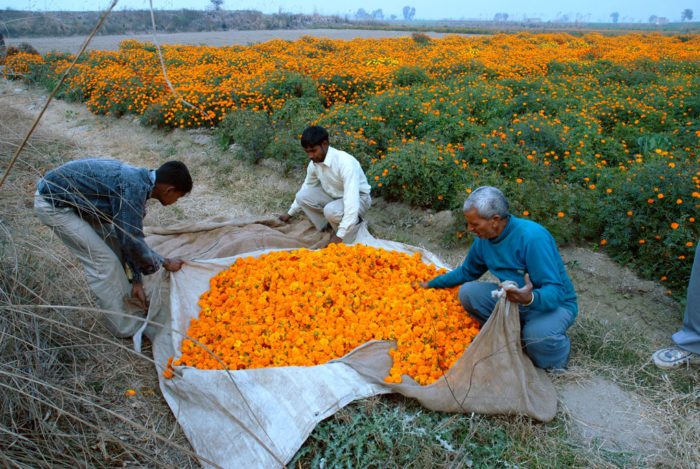
Ravi Agarwal, Have you seen the flowers on the river?, 2007. Courtesy the artist
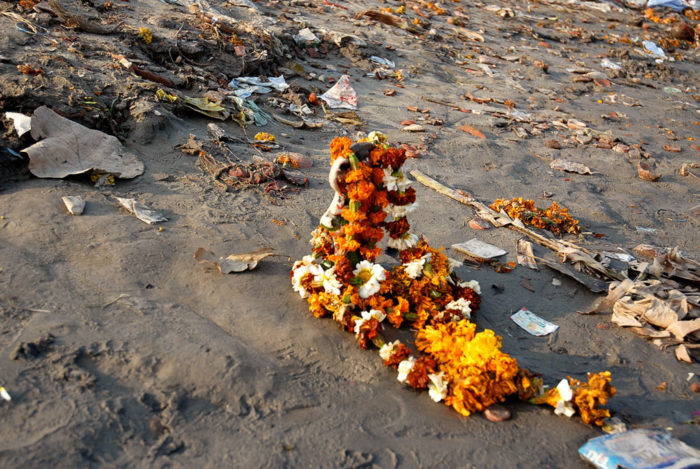
Ravi Agarwal, Have you seen the flowers on the river?, 2007. Courtesy the artist
Yesterday I saw a video of a top scientist explaining theories about the beginning of the universe and what they know about it. It was highly technical and theoretical, and soon went beyond the language I know. However it was obvious that they know now that the universe is expanding faster than ever. That it probably began with the big bang. However, what happened before the big bang? Is matter just that? Is any human comprehension possible there? Or have we fixed ourselves within the framework of the limited imaginations we are capable of, activated through the constructions of our brains and senses? So there could be infinite such frameworks or systems of understanding different parts of the universe, its forces, its spaces and non-spaces? It probably looks different in each. We have created one small sense order. But can it ever be more than that? Should we not “realistically” live in eternal doubt and non-knowing?
What are the boundaries of ecology, of nature, and of knowing?
We need to think of our histories and how history makes us in the contemporary moment, and of cosmic time at the same time. The shaping of human ecologies through histories of dis-empowerment and dis-possession on the one hand, and the idea of the cosmic universe itself on the other can exist as separate ideas. Possibly these are like quantum and wave understandings of matter, which co-exist, on different scales of observations, both different yet inseparable. Mortality has a species related evolutionary function, besides being an individual truth. If genetically altered futures become real, then mortality will reduce its power over life. Will then cosmic perspectives become more immediate?


